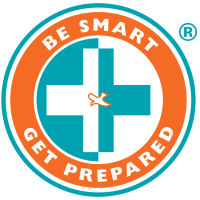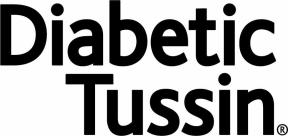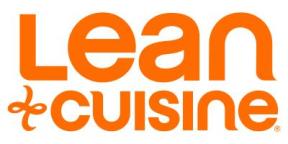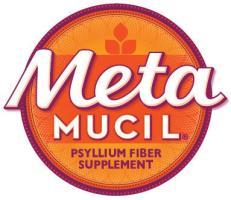These guidelines are not part of the ADA's Standards of Care in Diabetes and were created as internal qualifications designed to inform external and internal partners of the current considerations for being a part of the program. These qualifications are based on the currently available science and recommendations.1,2
The Better Choices for Life Program is designed to help people with diabetes make informed choices in the marketplace. The qualifications are intended for people with diabetes. People with additional medical conditions or dietary restrictions should follow the advice of their health care professionals when making choices about foods that fit into their specific meal pattern and products to support their health goals.
Manufacturers participating in the program pay licensing fees to the American Diabetes Association.
- AB Evert, M Dennison, CD Gardner, WT Garvey, KHK Lau, J MacLeod, J Mitri, RF Pereira, K Rawlings, S Robinson, L Saslow, S Uelmen, PB Urbanski, WS Yancy Jr: Nutrition Therapy for Adults with Diabetes or Prediabetes: A Consensus Report. Diabetes Care 2019; 42 (5): 731-754.
- Guidance for Industry: Food Labeling Guide. Food & Drug Administration. 2013.

















